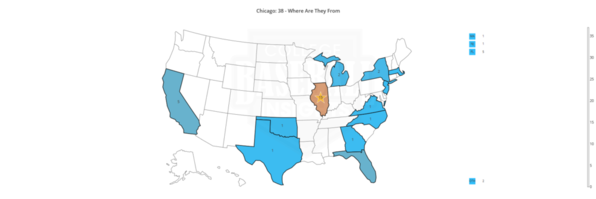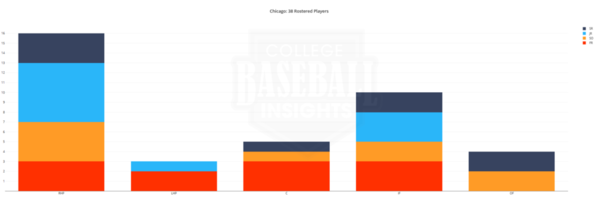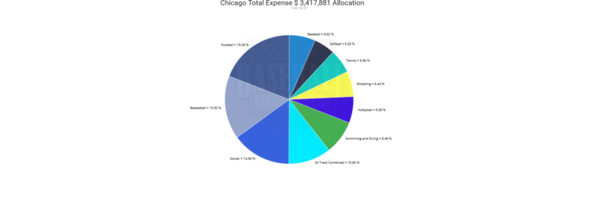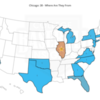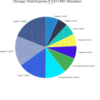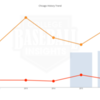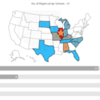Ok, so I read through a bit more and want to set the record straight on a few other points that were raised for those parents and students who have an interest in UofC.
Athletes have to fund-raise to pay for equipment and travel: False -- not true for baseball. Can't speak to other sports.
Days off for athletic travel count as absences: False. My son never had his athletic schedule questioned -- he let his professors know and they were accommodating. UofC fields hundreds of athletes on a lot of teams, so it's not like baseball players are unique. However it is true he did have to take any quizzes or tests he wasn't there for and he did have to turn in homework.
One thing to note for baseball -- they don't miss school every week during the season. Most of their games are on weekends, and often double headers. They miss a few Fridays and played local teams occasionally early evening during the week, but they did not miss school every week. If you're up front with your professors, there shouldn't be a problem. I thought most HA schools require making up tests and work, but perhaps other parents can weigh in there as a comparison.
To be transparent, I would say in general:
1. Athletes don't get preferential treatment. They're like other students. They're not Gods. They're not hated. They're simply part of the student community. And quite a number of students actually come out to baseball games when it's not 32 degrees -- which is more than came out when I was in college.
2. Athletes have to keep up academically. 35 of the 37 baseball players were Academic All-Conference this Spring -- that's 3.3+ grade point.
3. UofC facilities are not state of the art and it's fair to say they don't have the resources that D1 schools have. I doubt that would be a surprise to most parents who are doing their homework.
4. UofC is highly competitive among HA baseball players who want to play ball at a top school, especially those who have that feeling they will go D3. It's true the admissions process for athletes is not completely clear (ie is there some preference or not?). However my son was admitted ED and I think each athlete is different based on the student's record, their essays (which mattered) and how much the Coach wants them.
5. My son loves it there, he's found great friends on the team and in his fraternity and respects and likes his coaches. The parents are great too!
Separately, I'd like to challenge the comment that UofC is no place for an athlete. Probably for the person who commented on it they believe it, and that's fine. If your focus is on your son being an athlete and having the D1 baseball experience, then UofC is NOT for you. Fully agree with that.
BUT, that's no reason to insult the student athletes (UofC fields hundreds of athletes every year) and their Coaches (who are terrific). Especially because we see our sons and daughters work their butts off just like other student athletes do year round, while they have to compete academically with some of the smartest peers they could have at one of the world's best universities... and they do so without any favors from anybody. They ARE athletes. And they ARE students too.
I know I appreciated what this website was for me when my son was going through the process -- I learned so much from so many of those veterans during my son's journey, which was filled with many great memories, a few tears and a lot of laughter. Everyone said it works out for the best and it really does. Good luck!

